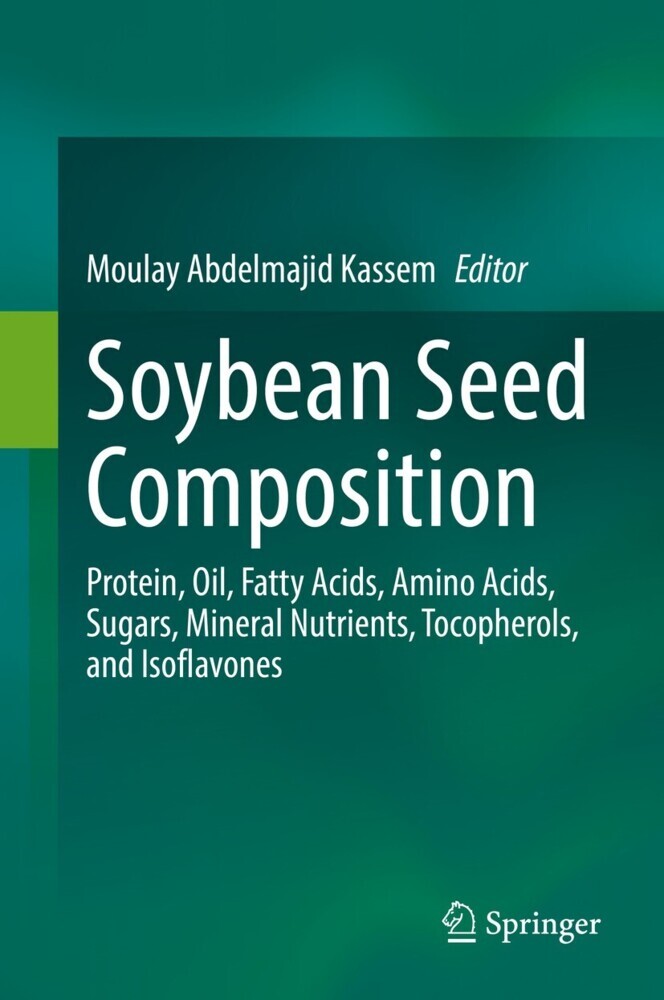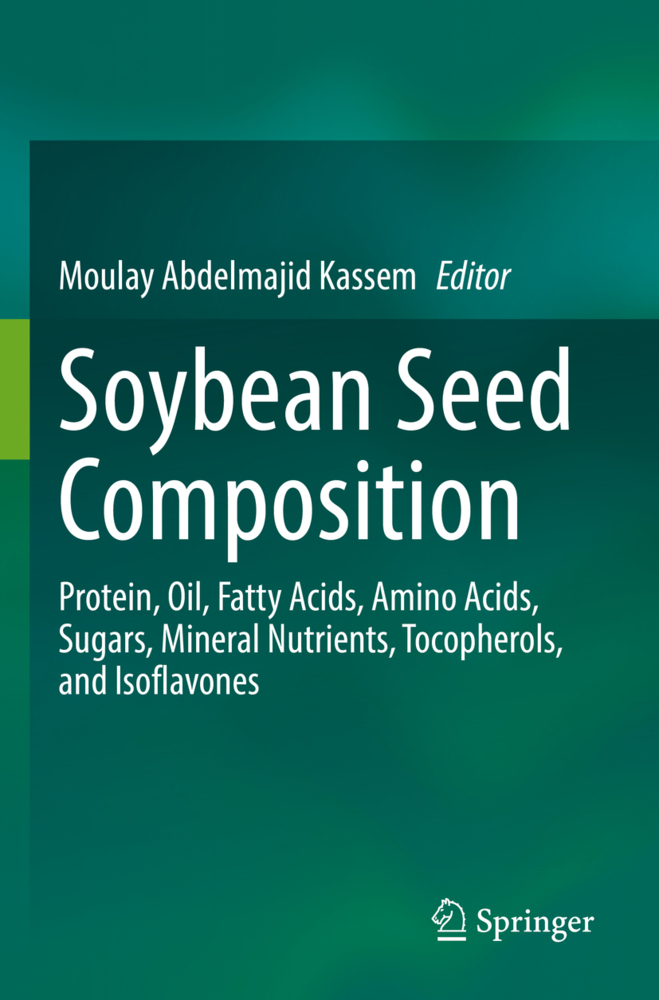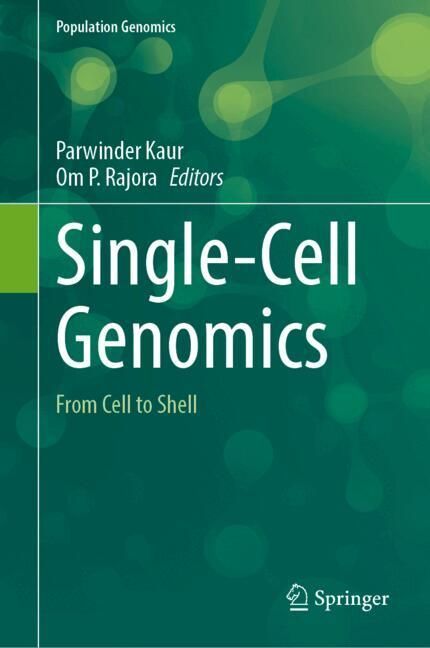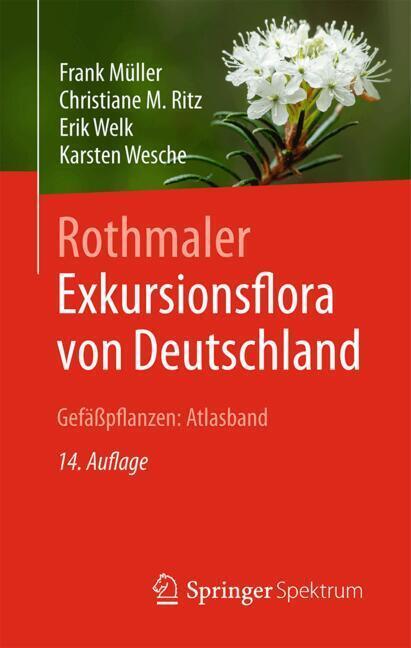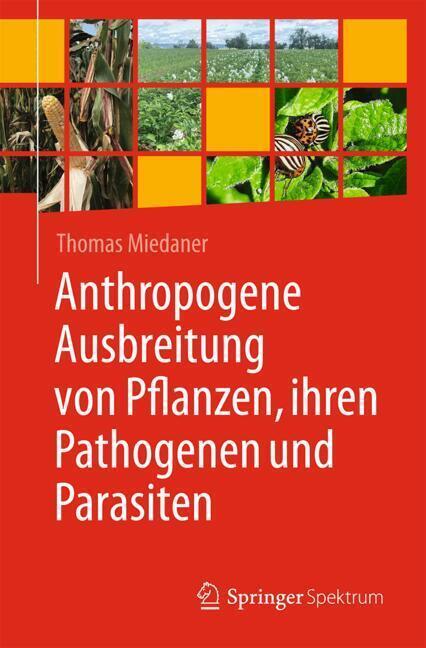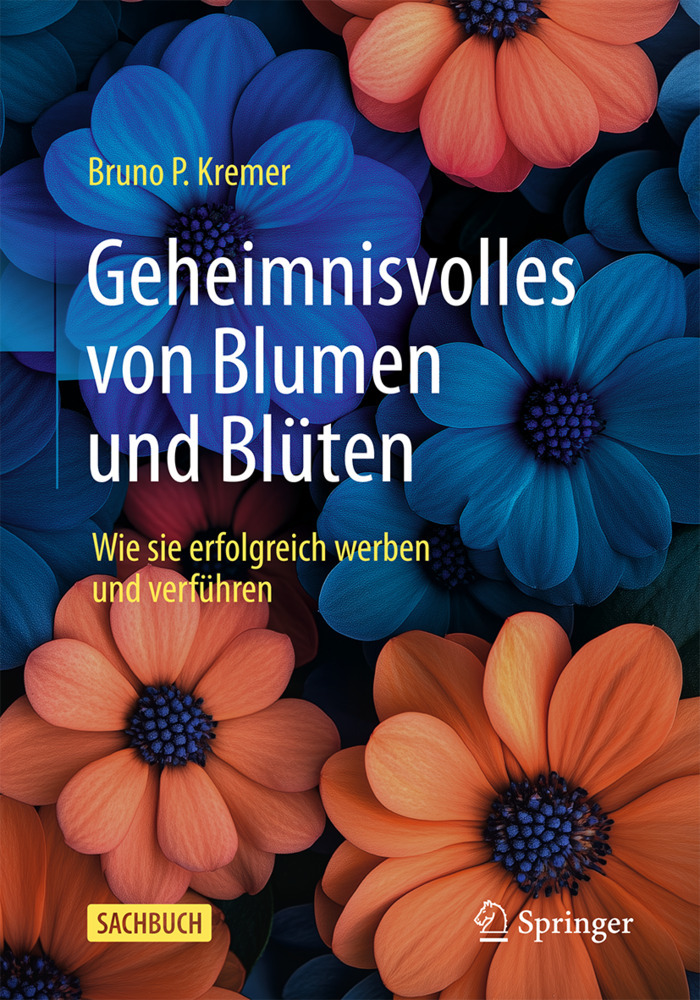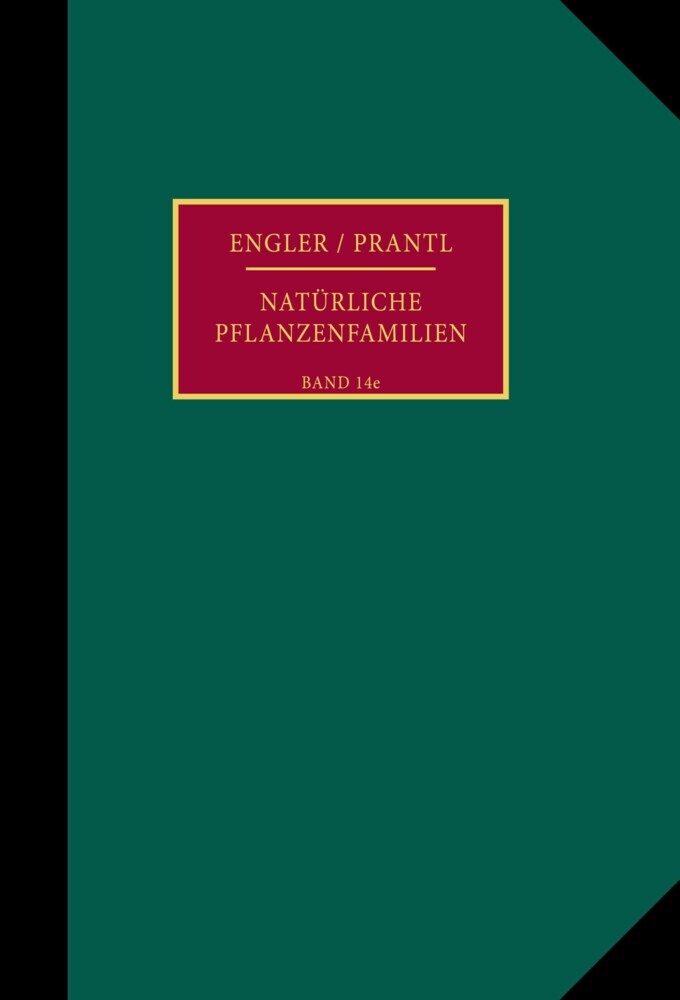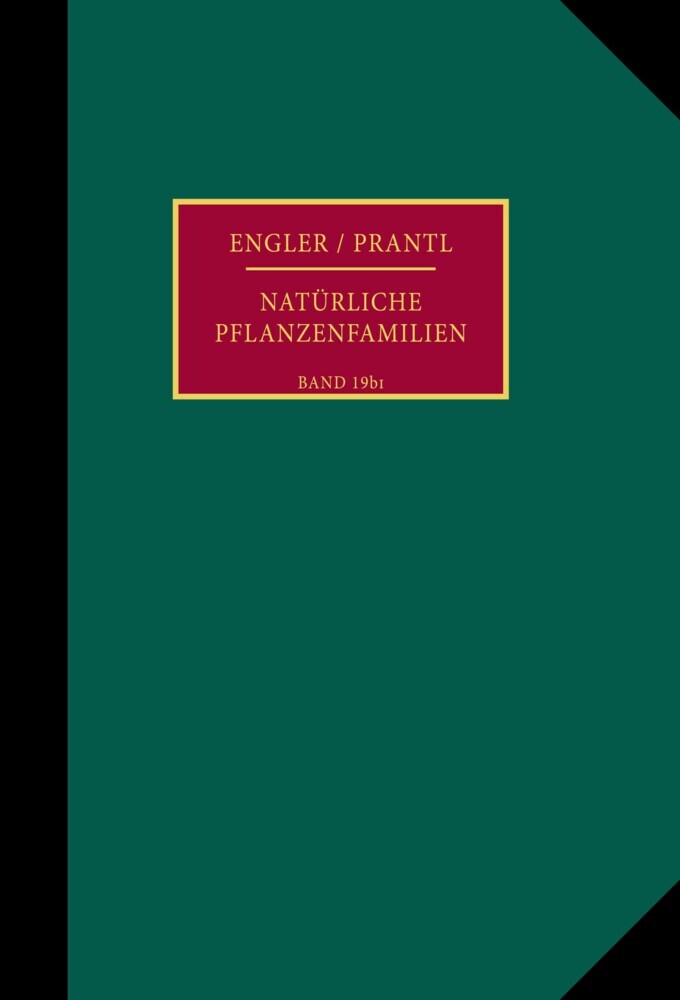Soybean Seed Composition
Soybean Seed Composition covers three decades of advances in quantitative trait loci (QTL) mapping of seed protein, oil, fatty acids, amino acids, sugars, mineral nutrients, isoflavones, lunasin, and other beneficial compounds. It opens with coverage of seed protein, oil, fatty acids, and amino acids and the effects that genetic and environmental factors have on them. Detailed discussion of QTL that control seed protein, oil, and fatty acids follows, and the book also covers seed amino acids, macronutrients, micronutrients, sugars, and other compounds that are key to selection for crop improvement. The book also provides an overview of two decades of QTL mapping of mineral deficiencies in soybean, which sheds light on the importance of a balanced mineral nutrition in soybean and other crops, elucidates salt stress tolerance QTL mapping, which is another challenge that faces soybean and other crop production worldwide. The importance of soybean seed isoflavones from their biosynthesis and quantification methods to locations and variations in seeds, roots, and leaves, to their QTL mapping is discussed, as well as providing key information on lunasin, a bioactive anticancer peptide in soybean seeds that will help farmers and breeders to develop soybean cultivars with improved seed isoflavones and lunasin content.
The book will be of interest to graduate students, academics, and researchers in the fields of genetic and QTL mapping of important agronomic traits in soybean and other crops.
Dr. Moulay Abdelmajid Kassem is currently working as a Professor of Botany and Chair of the Department of Biological and Forensic Sciences at Fayetteville State University, Fayetteville, NC, USA. He earned a Bachelor of Science in Plant Biology from Faculty of Sciences, University Mohamed V, Morocco in 1992; a Master of Science in Enzymatic Engineering, Bioconversion, and Microbiology from University of Picardie Jules Verne, Amiens, France in 1995; and a PhD in Plant Biology from Southern Illinois University, Carbondale, IL, USA in 2003.
Dr. Kassem worked as a High School Teacher with Chicago Public Schools at Percy L. Julian High School, Chicago, IL from 2001 to 2003; as an Assistant Professor of Botany at the Department of Biology at Kean University, Union, NJ. Dr. Kassem moved then to Fayetteville State University in fall 2006 as an Associate Professor of Botany. He was promoted to Full Professor in 2009 and to Department Chair in 2010.
Dr. Kassem has nearly 20 years of experience in plant Genetics, Genomics, and Biotechnology. His main areas of research include genetic and quantitative trait loci (QTL) mapping of important agronomic traits in soybean with a focus on yield, yield components, and seed composition traits. Dr. Kassem published 55 research articles in high quality peer-reviewed international journals, 80 abstracts in national and international conferences, 4 book chapters, and received over $1.4 Million in grants including federal grants from the Department of Defense and the Department of Education.
Dr. Kassem is the Founder and CEO of Atlas Publishing, LLC (www.atlas-publishing.org). He serves as the Editor-in-Chief of Atlas Journal of Biology, a member of the Editorial Board of Journal of Biotech Research, and a reviewer for several international journals and granting agencies. He also co-organizes the American Moroccan Agricultural Sciences Conference (AMAS Conference; www.amas-conference.org), and organizes a workshop entitled 'Teaching Genetics, Genomics, Biotechnology, and Bioinformatics' at the prestigious International Plant and Animal Genome Conference (PAG Conference, www.intlpag.org).
Kassem, Moulay Abdelmajid
| ISBN | 9783030829063 |
|---|---|
| Artikelnummer | 9783030829063 |
| Medientyp | E-Book - PDF |
| Copyrightjahr | 2022 |
| Verlag | Springer-Verlag |
| Umfang | 629 Seiten |
| Sprache | Englisch |
| Kopierschutz | Digitales Wasserzeichen |

